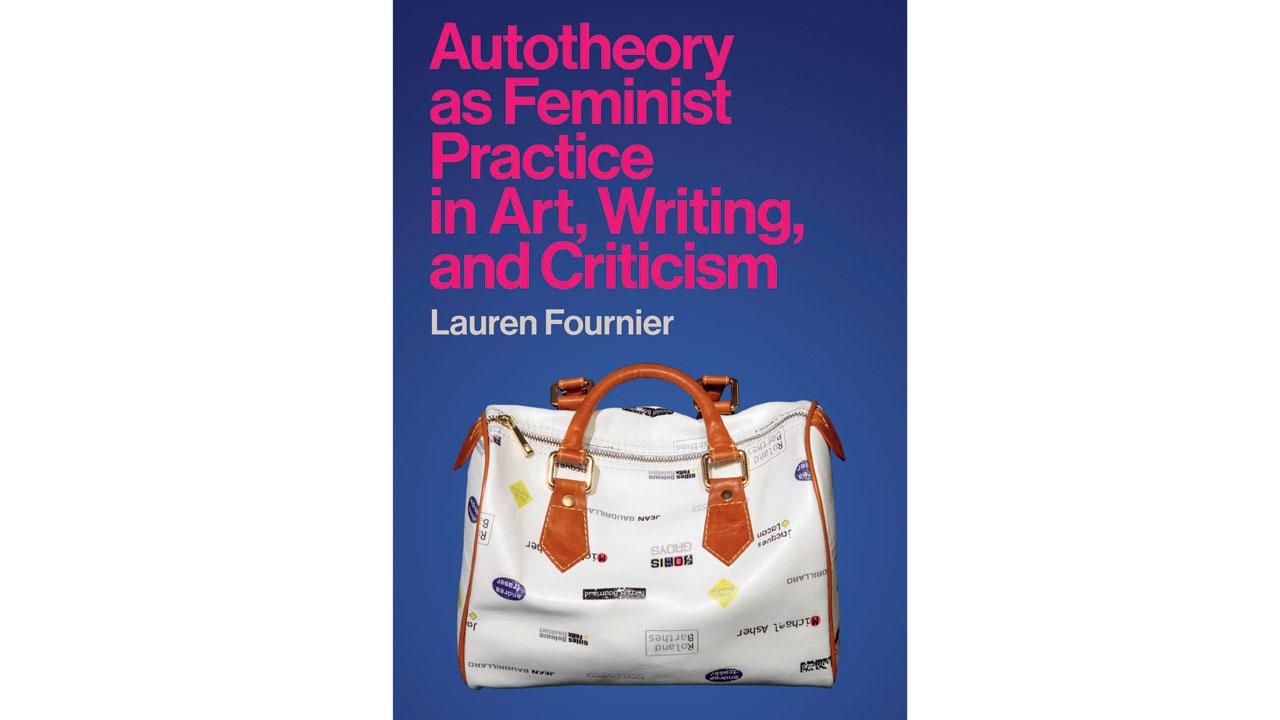When I learnt that autotheory, which better describes the genre of my first book, exists within a feminist tradition, nurtured by black and third-world female and queer writers, it was in itself so validating

The genre of autotheory locates me within an existing legacy of authors. Representation pic
 For a long time the term ‘late to the party’ has lingered in my consciousness. I have this vague memory of having discussed it with someone after attending a curator’s conference in Kolkata, but it’s all a blur, it was that long ago. We were using it to refer to the feeling of delayed arrival towards a concept, speaking of it like going to a club after all the cool people had already been there a while, so you and your people are forced to inhabit the periphery, where the music reverberates, but not as intensely, and you wonder, ‘why didn’t I get here before?’ There’s this heady cocktail of feelings—the sadness of being left out, resentment towards everyone who got there before, and a bit of imposter syndrome, where you doubt if you were even worthy enough to have been invited.
For a long time the term ‘late to the party’ has lingered in my consciousness. I have this vague memory of having discussed it with someone after attending a curator’s conference in Kolkata, but it’s all a blur, it was that long ago. We were using it to refer to the feeling of delayed arrival towards a concept, speaking of it like going to a club after all the cool people had already been there a while, so you and your people are forced to inhabit the periphery, where the music reverberates, but not as intensely, and you wonder, ‘why didn’t I get here before?’ There’s this heady cocktail of feelings—the sadness of being left out, resentment towards everyone who got there before, and a bit of imposter syndrome, where you doubt if you were even worthy enough to have been invited.
ADVERTISEMENT
But the context governing the delay of your arrival compounds the enormity of feeling left behind. Were you late to the party because you were busy navigating other ideas, or were you simply never invited or not meant to be there? There’s a third possible scenario in which you had actually conceived of the party yourself, but didn’t have the resources to host and now you are made to feel like the gatecrasher. I’ve been thinking about this a lot lately.

The cover of Lauren Fournier’s Autotheory as Feminist Practice in Art, Writing, and Criticism
During a recent conversation I had online with Lauren Fournier, the author of the brilliant book, Autotheory as Feminist Practice in Art, Writing, and Criticism, as part of my residency at Künstlerhaus Büchsenhausen. I had asked her about the origins of her long-standing curatorial project, Fermenting Feminism, which has had a profound theoretical impact on my own research. She spoke about how the beginnings of her intellectual dalliances with the subject had to do with her own tending of kombucha mother, and how she ended up putting out an open-call for a zine because she had begun to feel ‘lonely’ around the idea. I identified with this. It’s when you feel excited by something you feel you have arrived upon, and you want to explore it, but all avenues seem closed to you because there simply isn’t any existing literature on the subject.
I had discovered Lauren’s work on fermentation when I was researching for a column I was writing about how the culinary process was more than a metaphor. I wanted to think about it as a form of domestic artistic practice that had been historically performed by women and was a way of keeping time; and how everything about it was located in the suspense of a catalytic moment. I had found myself lured by fermentation, for example, each time I felt I had no control over time. It was then that I would set rice and urad dal to metabolise into dosa batter, or begin a sourdough starter. I liked waking up the next morning to witness the arrival of bacterial beings. Leaving it to set was like an invitational gesture, and seeing organisms activating the raw material validated the host in me. The knowledge that using what was continuing to evolve to cook would be great for my gut health made me feel good about my body, as if I knew, intuitively, the connection between gut and emotion. Lauren’s project began with many of these ideas, which she cast out into the world, inviting like-minded thinkers to respond.
It was after going through her website that I read about her dissertation on Autotheory, then yet to be released. I could hardly wait. For the entire duration of my journalistic career, I had been told to keep the ‘I’ out of my features or review to maintain the veneer of objectivity. I never went to journalism school, but I had also left academia because there was no space for the ‘I’ as a PhD student of literature, either, except within the space of an abstract, where you have to state exactly what your paper is setting out to do, killing all the mystery from the beginning. Then, suddenly, in the last few years, I found this word ‘Autotheory’ appearing to describe literature written, primarily, by white writers, that stemmed from their lived experience, but which was also citational and theoretical in nature. It was similar to what I had done in my first book, which was constantly referred to as a novel, even though it was more what is currently being called autofiction. Now, suddenly, my writing could be seen as following a trend started, presumably, by white writers, from Chris Kraus to Maggie Nelson to Deborah Levy, all of whom I happened to read in 2016, after I’d already published. Lauren’s research therefore felt momentous to me, because it depicts, so laboriously and lovingly, how the genre of autotheory exists within a feminist tradition, and how it was nurtured by black and third-world female and queer writers.
Even though my writing doesn’t feature in it, it still locates me within an existing legacy, and that is in itself so validating.
This morning I read a post on an Instagram account about a PhD candidate whose proposal had circulated, as is apparently the norm, among a certain community, only to land up somewhere as a published paper, but without them being credited in any way. It was stolen from them. I could only imagine the crushing anger that one might feel. Academia is filled with instances of hierarchical manipulations and invalidations, and sometimes, all you can do to persist in your scholarship is to imagine a future in which your work is the theme of the party, not from a space of self-aggrandisement, but in the hope that your solitary ideations makes others feel less lonely.
Deliberating on the life and times of Everywoman, Rosalyn D’Mello is a reputable art critic and the author of A Handbook For My Lover. She tweets @RosaParx
Send your feedback to mailbag@mid-day.com
The views expressed in this column are the individual’s and don’t represent those of the paper.
 Subscribe today by clicking the link and stay updated with the latest news!" Click here!
Subscribe today by clicking the link and stay updated with the latest news!" Click here!








